Hip Hop/ Rap
Kanye West ‘Ye’ Social Media Tirade: Offensive Hate Speech or Free Speech?
Anti-Defamation League (ADL) and human rights advocates, have categorized Ye’s recent posts as clear-cut hate speech. His remarks—such as “I love Hitler” and “I’m a Nazi”—mirror his past antisemitic outbursts that led to business deals being severed and social media suspensions.
Rapper Ye, formerly known as Kanye West, and his wife Bianca Censori have once again found themselves at the centre of controversy following a series of inflammatory posts on X (formerly Twitter). His remarks—including antisemitic statements, misogynistic comments, and attacks on public figures—have reignited debates on free speech versus hate speech in the digital age.
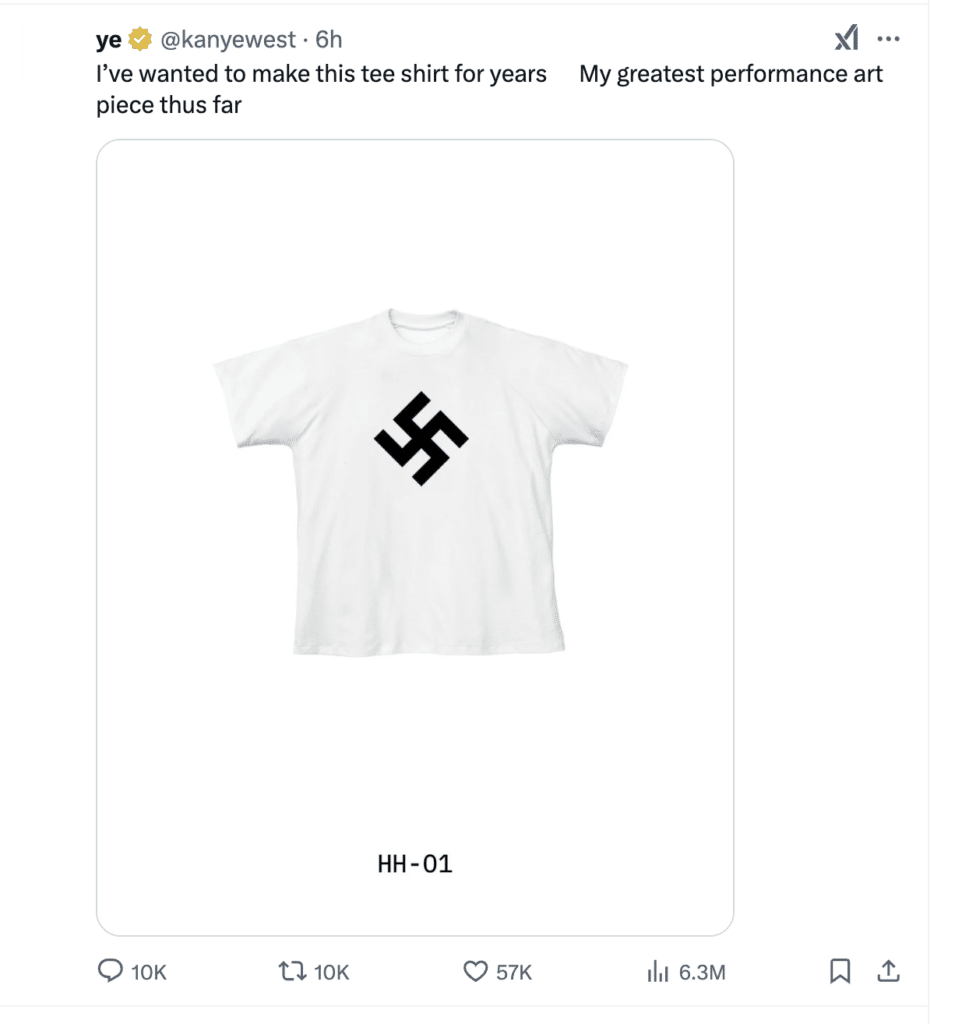
Kanye West ‘Ye’ Post on Elon Musk’s X
While some view Kanye West’s statements as dangerous and harmful, along with using his wife, Bianca Censori, others argue that his offensive words fall under the umbrella of free expression. The controversy raises more significant questions about the role of social media platforms in regulating speech and the impact of high-profile figures irresponsibly using their platforms.
The Case for Hate Speech
Many critics, including the Anti-Defamation League (ADL) and human rights advocates, have categorized Ye’s recent posts as clear-cut hate speech. His remarks—such as “I love Hitler” and “I’m a Nazi”—mirror his past antisemitic outbursts that led to business deals being severed and social media suspensions.
THEY TRYNA PROVE A POINT AND YALL KNOW THAT YALL FUCKING KNOW THAT AND SITTING LAUGHING AT THE FUCKING INTERNET ON INSTAGRAM THIS MAN GAVE HIS LIFE TO US THIS MY IDOL THIS MY HERO
— ye (@kanyewest) February 7, 2025
Kanye West’s statements, according to the ADL, have contributed to real-world incidents of antisemitism, demonstrating the tangible impact of hate speech propagated by influential figures. Critics argue that such rhetoric is not merely an expression of opinion but a weaponization of influence that can incite harm against marginalized communities.
Kanye West and Bianca Censori’s Shocking Grammys Appearance Sparks Controversy
Additionally, his misogynistic remarks about his wife, Bianca Censori, including his claim that he has “dominion” over her, reflect a pattern of controlling language that some view as promoting harmful gender norms. His comments reinforce the argument that certain types of speech—those that incite hatred or discrimination—should not be protected under the guise of free expression.
The Case for Free Speech
On the other side of the debate, free speech advocates argue that Kanye West, like any individual, has the right to express his thoughts, no matter how offensive. The First Amendment in the United States protects freedom of speech, and many believe that social media platforms should not censor individuals unless their speech directly incites violence.
I DONT NEED OR WANT THE SUPPORT OF NO BROKE ASS SLAVE MUSICIANS
YOU ARE ALL SLAVES
YALL SLAVES TO NIKE WHEN YOU THERE
YALL SLAVES TO YOUR LABEL
YOUR SLAVES TO THE NIGGAS EXTORTING YOU
YOUR SLAVES TO YOUR MANAGEMENT
YOUR SLAVES TO YOUR BITCH
YOU A SLAVE TO DRIP
YOU…
— ye (@kanyewest) February 7, 2025
Even though Kanye West’s statements are widely condemned as offensive and hateful, supporters of free speech argue that offensive speech is still protected speech. Some critics of social media censorship suggest that de-platforming controversial figures only pushes them toward more extreme online spaces, where their rhetoric can go unchecked and unchallenged.
Furthermore, Elon Musk’s ownership of X has come with a commitment to free expression, which is why Ye’s return to the platform after past bans was allowed. Elon Musk has stated that he believes in minimizing restrictions on speech, which means that unless Ye directly incites violence, he may continue using the platform despite the backlash.
Where Should the Line Be Drawn?
The debate over Kanye West’s comments underscores a larger struggle between maintaining open platforms for discussion and preventing the spread of hate speech that can lead to actual harm.
Social media companies have historically banned individuals for inciting violence or spreading extremist views, yet they also face accusations of bias and overreach when removing controversial voices. Where should platforms like X draw the line?
Ye’s past actions suggest a pattern of behaviour, not a one-time lapse in judgment. His words have had measurable consequences—from fueling antisemitic narratives to reinforcing harmful stereotypes about women and minorities. If his influence leads to real-world harm, does that make his speech something more than just words?
On the other hand, should we trust tech companies to be the ultimate arbiters of speech? If Ye is banned, what precedent does that set for future controversial or unpopular speech cases?
Conclusion: A Complex Debate with No Easy Answers
Ye’s latest tirade has reignited the complex debate over freedom of speech and its limits in the digital world. While his defenders argue that even hateful speech deserves protection, his critics maintain that speech with the power to incite harm should not be tolerated.
Ultimately, the question remains: At what point does free speech turn into dangerous hate speech? And who gets to decide?


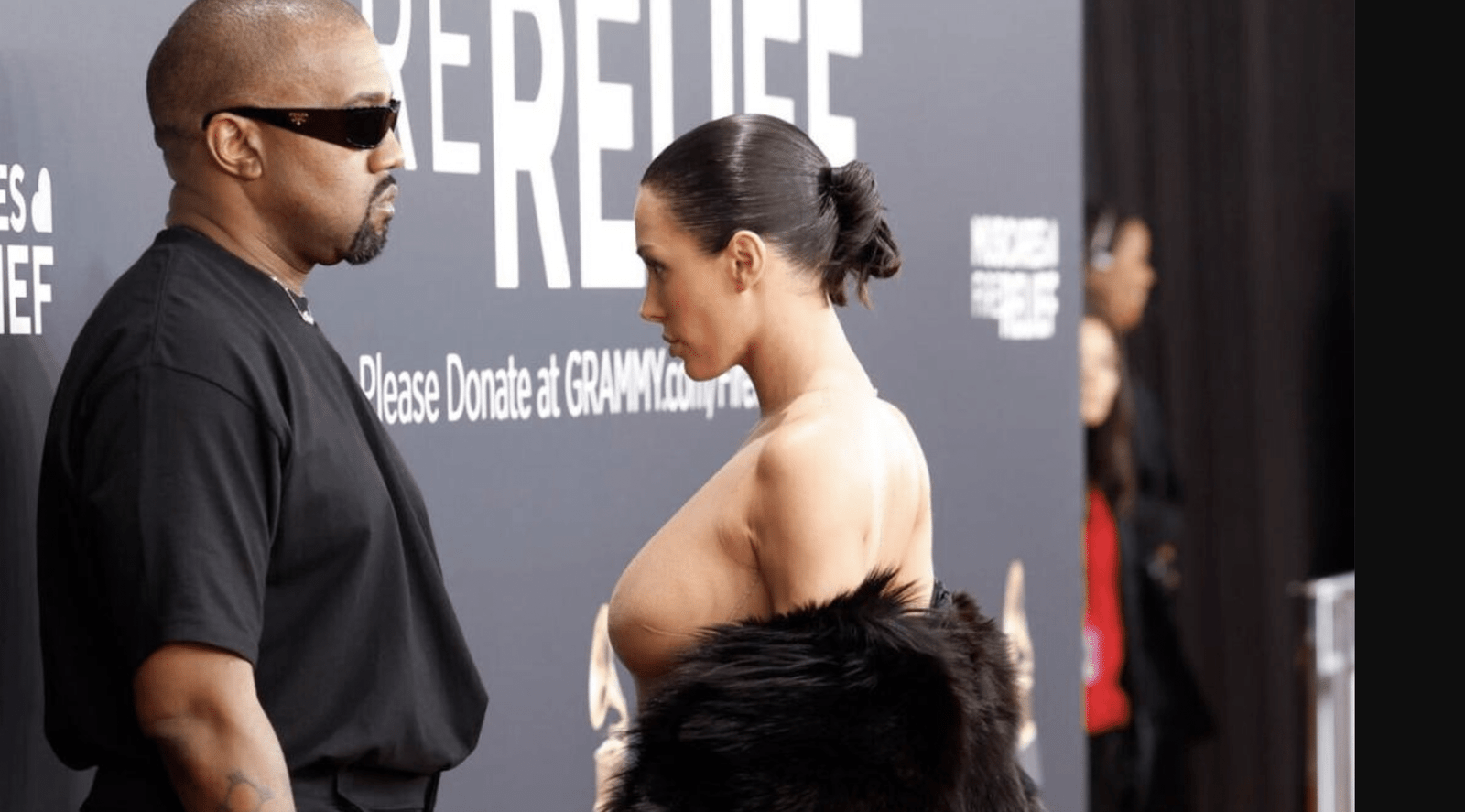


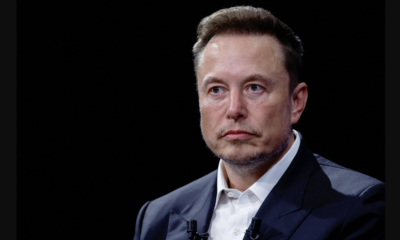

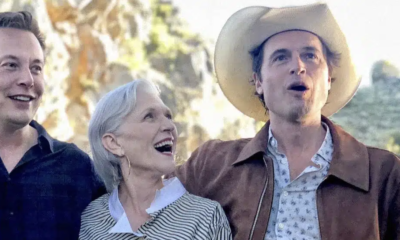

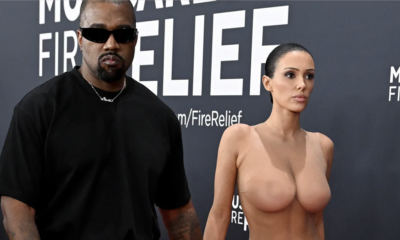


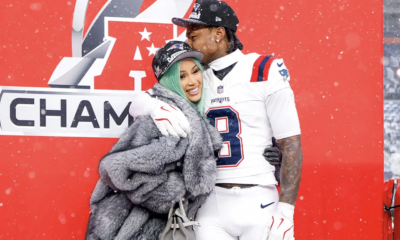






























Pingback: Ye’s Super Bowl Ad Directs to Yeezy.com Selling Swastika T-Shirts
Pingback: Drake Album Shatters Records: Kanye West, Young Thug back